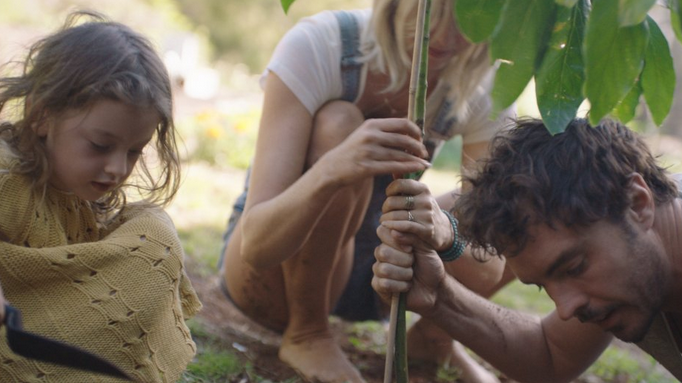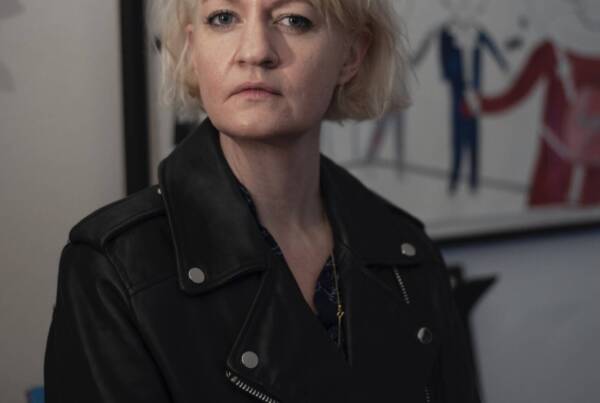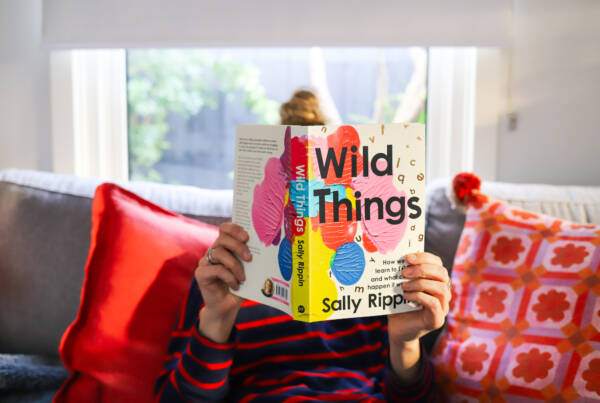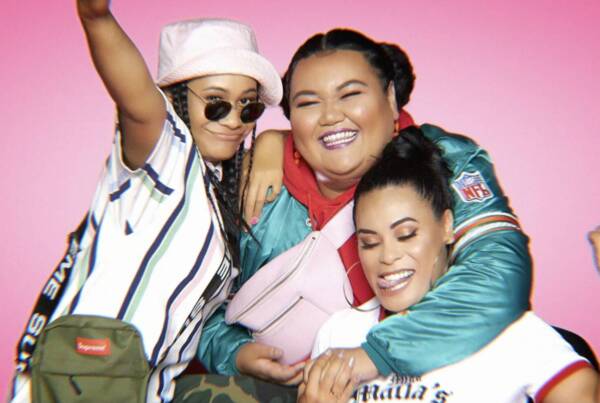Writing by Claire Wastell // Edited by Sandy Hsu // After the hour and a half was up, I realised that buying the ticket was in a way my own vain attempt to make myself feel better; to forgive myself for using my car and buying plastic.
Writing by Claire Wastell // Edited by Sandy Hsu
I hate it when people ask me to imagine the world in 20 years’ time. I think my hesitance comes from the endless problems I hear on the news and radio, and how it seems these are only getting bigger. Technology, climate change, poverty – they all just seem to be advancing rather than slowing down. Honestly, despite being part of this so called “tech savvy” revolutionary generation, all this scares me. The problems just seem too big to manage now. All I hear is doom and gloom about the future, and I cannot help but feel that it’s kind of where we are heading. So when I heard about Dameon Gameau’s documentary ‘2040’ that promised solutions to all these problems, I was more than ready to jump on board the optimism train. I rocked up the funky little cinema, bought my overpriced kombucha from the bearded guy behind the kiosk and was ready to be told it was all going to be okay. The planet will not explode causing the extinction of humankind. We could save it. In fact I was saving it just by seeing the movie. After the hour and a half was up, I realised that buying the ticket was in a way my own vain attempt to make myself feel better; to forgive myself for using my car and buying plastic. However, what I got out of the film was something entirely different. I became much more aware of how I am a part of a global system that needs to join forces in order to conquer climate change.
Dameon describes many concepts through the documentary and he repeatedly draws back to this idea of the economic ‘donut’. The donut is made up of all the elements needed to make our society function: income, healthcare, education, etc. Many people live on the donut but many also fall inside as they do not have access to these things. Outside the donut is our eco system. In order for the donut not to fall apart, this needs to remain stable. When describing new ideas on how we can improve energy efficiency (through solar power ‘boxes’, energy sharing and driverless cars), agriculture (by eating less meat, improving our soils) and pollution (by using methods to reduce greenhouse gases) he would refer back to the donut diagram. What is evident is how it is all interconnected. If we improve the environment, we would also improve living standards by increasing education, income and health.
What also really struck me about the film is the emphasis on empowering women and girls. It just shows yet another way our world is interconnected — gender inequality impacts the environment. How? Simply through population growth. Giving girls education and contraception options stops the poverty cycle from increasing, as girls are less likely to go on and have children. By unbalancing the carrying capacity and demanding less from the Earth, we begin to use fewer resources, and the resources we have are used more wisely.
Despite the positivity and optimism, I came out of the film feeling much the same as before. But what can I do? These changes need people bigger than me and my mediocre pay check. It takes leaders and wealthy people with actual impact. Plus, our governments don’t seem to give a toss about the environment. They can’t see outside the little island of Australia to understand how we are connected to our planet.
I regret buying the $7 kombucha. I also regret driving my car to the cinemas and buying that take away coffee cup which is going into landfill right now. But I don’t regret committing to buying no plastic for a month and promising to turn off my power more. I am proud of my veggie patch and compost bin. This is what I can do to improve our earth. It’s not saving the planet but it is something. If everyone made small changes and engaged their work places to do the same, we can work to influence our governments from the bottom up. I am still afraid of our world in 2040. All I can do is live out my life in the best way possible to try to save the earth.
I want to be a part of the generation that bases decisions on how our action would impact our Earth. However, it’s not easy for everyone – I am a privileged white student who can afford (only just) to buy an overpriced drink and movie ticket. What really needs to happen is making sustainable decisions more affordable, practical and accessible. I hope that in the next 20 years we can.









